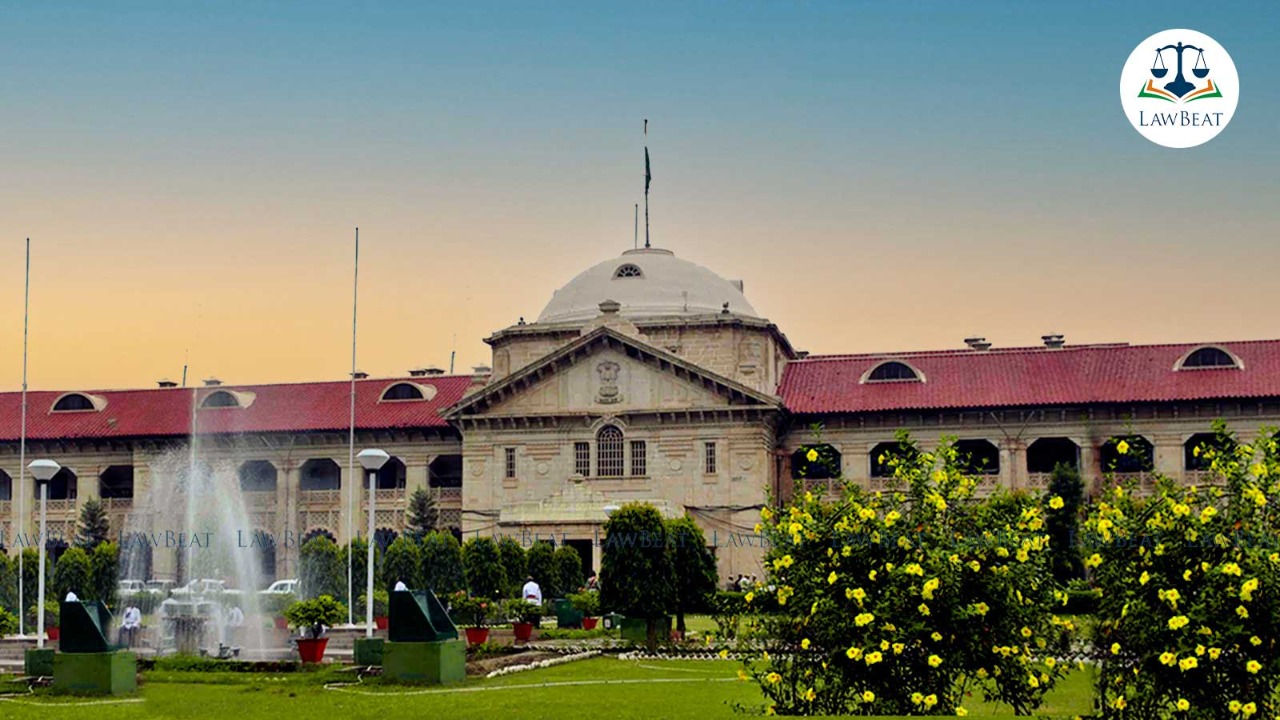'Strict Action Needed Against Communal Hatred': Allahabad High Court Denies Bail to Hindu Temple Desecration Accused

Court noted that the crime occurred during the holy month of Savan, an important religious period for Hindus
The Allahabad High Court recently rejected bail application of a man accused in the desecration of a Shiv temple in Bareilly. Court emphasized the gravity of the offence, which allegedly involved the destruction of religious idols, and the subsequent attempt to disturb communal harmony in the holy month of Savan.
The single judge bench of Justice Ashutosh Srivastava asserted that such acts of communal hatred must be dealt with firmly.
"Offences of the kind that have a tendency to promote hatred between classes of people or communities, have to be put down with a heavy hand. These offences cannot be permitted to flourish in society by adopting a soft-pedalling approach at the cost of widespread damage to the community and to the sentiments of the people," the bench said.
The bail applicant Shahrukh, along with co-accused Ashrad, was charged under multiple sections of the Bharatiya Nyaya Sanhita, 2023.
According to the prosecution, Shahrukh was involved in the destruction of an idol of Lord Shiva’s family and allegedly attempted to murder the temple priest, Ram Kishan, with a knife. It was alleged that Shahrukh had initially managed to escape from the scene, but was later apprehended by the police. He has been in jail since July 22, 2024, following the incident.
On the other hand, Shahrukh’s counsel contended that he had been falsely implicated, arguing that no physical evidence had been recovered to link him directly to the destruction of the idol. Additionally, he argued that Shahrukh was not named in the original FIR, and his involvement only surfaced after the incident. CCTV footage purportedly showed Shahrukh away from the scene at the time of the offense, according to an application filed by his brother.
The counsel maintained that Shahrukh had no prior criminal record, and there was no risk of him tampering with evidence or absconding if granted bail.
However, the Additional Government Advocate (AGA) countered these claims, presenting evidence from eyewitnesses, including Anita and Ram Kishan Sharma, who identified Shahrukh as one of the perpetrators.
The AGA further alleged that Shahrukh, in the company of his co-accused, had used a knife to attack Ram Kishan with the intention to kill, but the priest managed to survive. The prosecution also argued that Shahrukh’s escape from the scene suggested a clear consciousness of guilt. The AGA underscored the serious impact of the alleged act, claiming it had inflamed religious sentiments and posed a direct threat to communal harmony in the region.
Court noted that the crime occurred during the holy month of Savan, an important religious period for Hindus, and concluded that the offence had been committed with the clear intention of creating communal discord.
Accordingly, court rejected the bail plea, stating that offences capable of promoting hatred between communities cannot be taken lightly.
Case Title: Shahrukh v. State of U.P.
